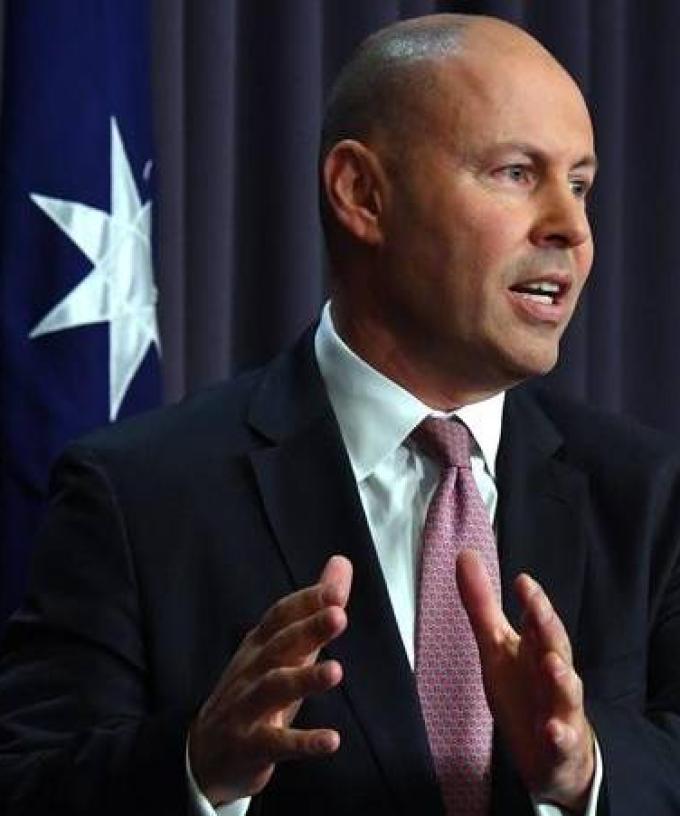Treasurer Josh Frydenberg says the federal budget will deliver “targeted” cost-of-living relief for Australians while setting a path to balancing the government’s books.
Mr Frydenberg will tell an Australian Chamber of Commerce and Industry event in Canberra on Friday full employment is in sight, with the latest data showing a four percent unemployment rate for February.
The treasurer says the government’s plan to relieve cost-of-living pressures will include “targeted and proportionate” help for families, while pointing to power bills already falling by eight percent in the past two years, $30 billion in income tax cuts in train and $10 billion a year in childcare support.
At the same time, the March 29 economic blueprint will set out the coalition’s plan to “stabilise and then reduce debt as a share of the economy”, he says.
“This year’s budget will confirm that this is the trajectory we are now on,” the treasurer will say.
“It will show a substantial improvement to the budget bottom line – the product of more Australians in work and fewer Australians on welfare.”
The budget papers will show gross debt as a proportion of GDP will peak lower and earlier than forecast in the mid-year review published in December, declining over the medium term.
“This is the fiscal dividend of a strong economy,” he says.
Mr Frydenberg says the economic support rolled out during the COVID-19 pandemic cannot go on, with continued funding actually doing more harm than good.
“It would risk putting further pressure on inflation, interest rates and cost of living,” he says.
The budget will continue the government’s conservative set of commodity price assumptions, notwithstanding iron ore prices sitting around $130 a tonne, thermal coal at a record $385 a tonne and metallurgical coal at a record $660 a tonne.
The government will also be sticking with its tax-to-GDP cap of 23.9 percent.
“This imposes a discipline on the expenditure side of the budget and is consistent with the coalition’s values of cutting taxes, not increasing them, enabling Australians to keep more of what they earn,” Mr Frydenberg says.
Controlling spending growth while delivering essential services such as health and disability support will be a difficult balancing act for the government.
This would involve looking at the “efficiency and quality of government spending”, Mr Frydenberg says.
He pledges the government would not be “baking in” any new structural spending off the back of temporary revenue increases.
Mr Frydenberg is giving little away in terms of where salaries are heading, pointing to the mid-year review showing an upgrade of wages each year over the next four years and the national accounts showing average earnings up 3.4 percent through the year.
AAP





